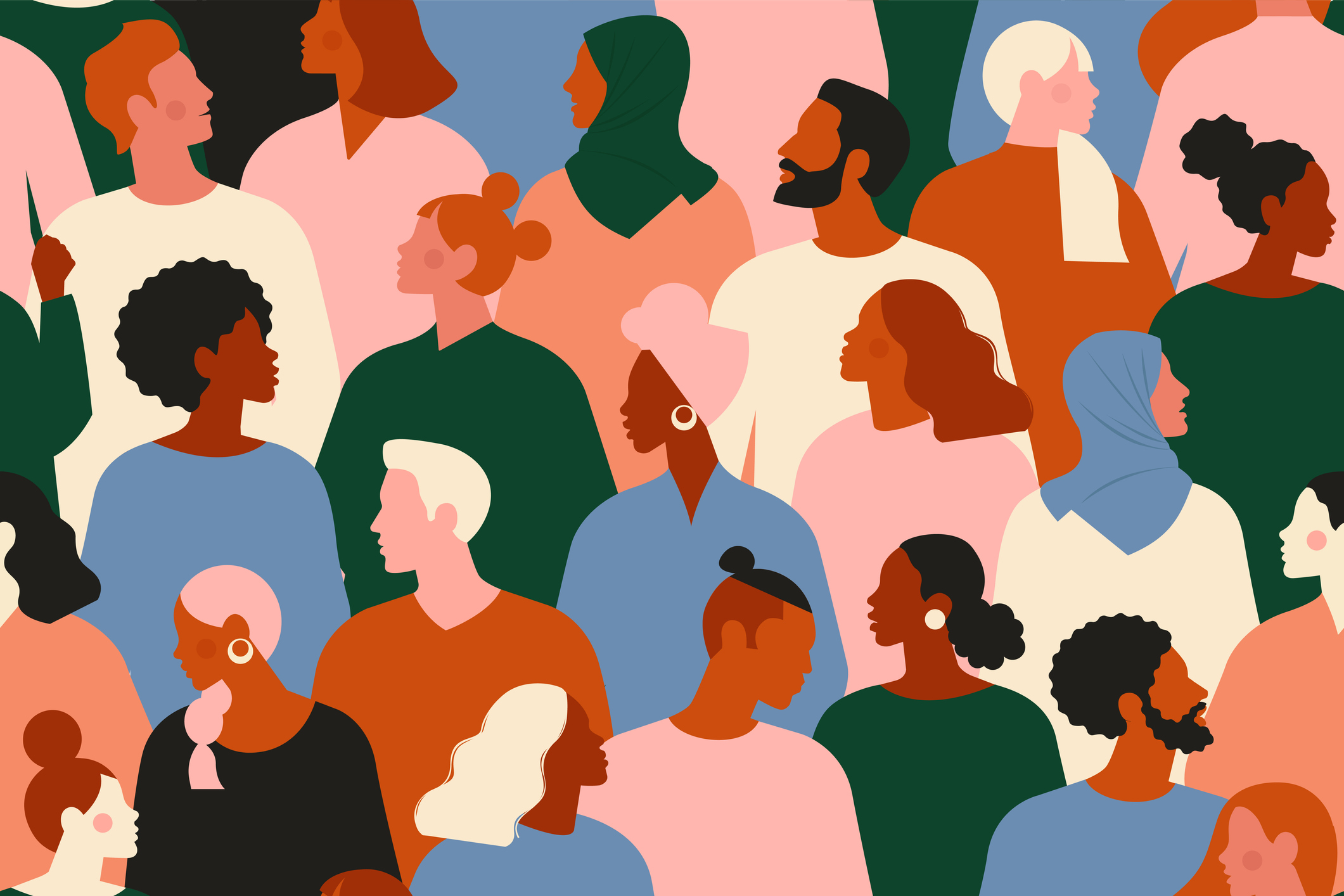Social capital is a key determinant of health, well-being, and overall quality of life. Recent work in the City of Toronto described the city’s social capital, and came to a largely positive conclusion: the residents of Toronto seem to have robust levels of social capital, as shown by their high levels of trust in one another, in the city’s institutions, and in their frequent social participation. These are forms of social capital that help produce the City’s capacity to work collectively to achieve every resident’s well-being.
However, this work did not fully explore disparities in social capital, and where the disparities lie. In other words, it did not provide a comprehensive focus on inequalities in social capital. Decreasing inequities in social capital allows the development of a strong civil society where residents can equitably reap the benefits of living in Toronto.
This paper builds upon the previous study, by exploring differences in social capital for different racial and national-origin groups, as one dimension of inequality in access to social capital. The paper focuses on people who identified themselves as White, South Asian, Chinese, and Black– the largest ethnic identity groups in the City.
